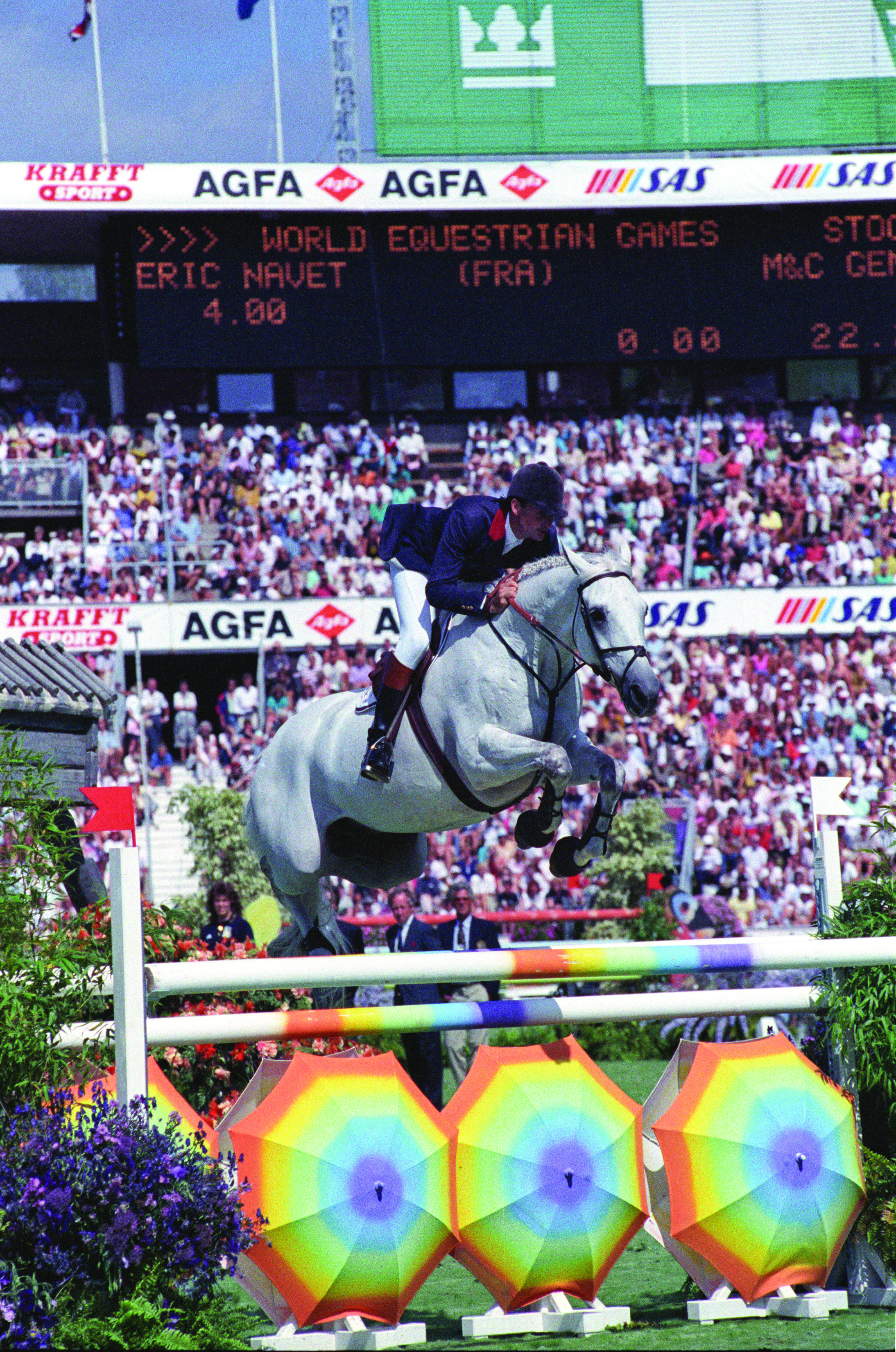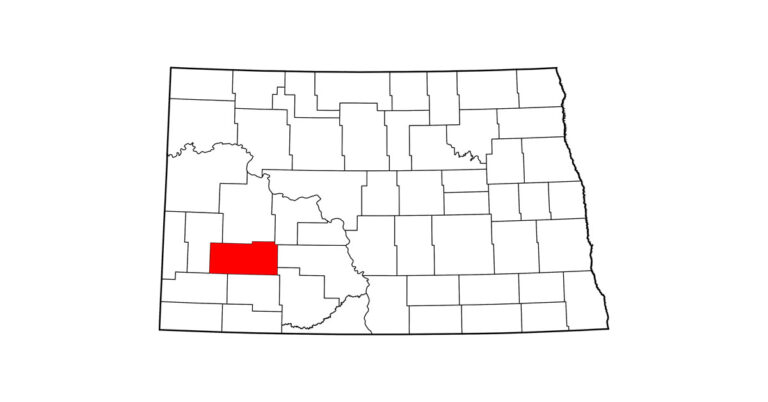
Tips and perspectives from the best riders on how to mentally approach equestrian sport are like precious, unique gems—no two are the same and each one is valuable. This past spring I was fortunate enough to have a conversation with the illustrious Eric Navet that was full of such notable insights. Eric has had a long and successful career, including having been a team and individual gold medalist at the World Equestrian Games, an Olympic medalist, European champion and French champion on numerous occasions. As a bonus, our conversation occurred at a horse show where I was competing, and I found myself thinking back over these themes to prepare me for the ring.
Focus on Enjoyment
“When I was in the changing horse final in the World Equestrian Games in Stockholm in 1990, I was lucky enough to ride Gem Twist and Milton—and they were horse legends of our sport,” Eric said. “What I wanted most was to enjoy the moment. I didn’t want to waste that moment due to the pressure or the fear of the result. It was such a privilege to have a chance to show these horses, even if it was in front of 20,000 people. [I said], ‘I have done my job all week to get here in the final four, now it is time to enjoy.’ I think I won because taking it this way in my mind was all about enjoying and I didn’t feel any pressure. I think that’s why I rode well and I think the horses were happy because they didn’t feel any pressure from me. I was happy with the result because I got the gold, but maybe even more because of the enjoyment that I had that day. Unforgettable.”
There will be situations in which you and your horse are in a happy place. Whether it is at a championship or an important show, a clinic with someone you have looked up to for years or hacking out in an environment that is inspiring to you, feeling grounded and aware of your enjoyment will bring positive emotions to the forefront. This will have a double benefit, as it is not only fun, but it will also help you ride better. One of the most reliable findings in sport psychology research is how often joy is reported as being part of an athlete’s experience when she is in the zone, performing at the top of her ability.
Action Step: Either before getting on or when you first start walking your horse, think of two or three reasons why you are going to enjoy the experience. Example: “I have been working out consistently and I am going to appreciate my strength in the tack today.”
Action Step: At a walk break during a ride, imagine you are your 12-year-old self. What would you be feeling? Excited? Happy? Energized? Let yourself experience those emotions. Tapping into them will help you be present in the moment and experience a sense of fun and freedom that will help you to access all of your skills.
Strive for Your Personal Best
Later in our conversation, Eric said, “I think the mistake that some people usually make is that they try to go faster than the other people [in the class]. That is not a good approach in my opinion. The right approach is to go as fast as you can with the horse that you are riding. With this horse I can go this fast, with this horse I can turn there, etc.—so you must know [your horse] and then ride your horse. Don’t try to do better than the others, but do the best you can on your horse in the moment. When it’s done, whether you win or you’re third or you’re fifth, you’ve done your job. It’s a competition about yourself and your horse, not so much the others.”
Striving for your personal best is an easy philosophy to adopt away from the ring. But to maintain that outlook in the heat of the moment at a horse show, lesson or clinic takes true mental strength. Eric’s perspective is incredibly useful in this regard because it requires you to focus on your own skills. By thinking about what you are capable of as a team, you are mobilizing the very strengths you need to be successful.
Action Step: The morning of a show or important ride, make a quick bullet-point list of two or three abilities or skills that you and your horse will access to help you shine that day. Example: “My horse is brave and together we focus well for inside turns.”
Action Step: Before the ride, incorporate process goals into your plan that are based on your mental and physical skills. For example, a process goal could be to use your pre-ride routine to get yourself focused and in the moment for your round or test. Not only will this help your riding when you accomplish it, you will also see progress in something that is within your complete control so that even if someone else gets a higher score or is faster than you, you can go home feeling good about your efforts.
Stay Comfortable with Any Outcome
Eric also spoke about the importance of accepting any outcome. “When you go in the ring, it’s your day or not —you don’t know yet,” Eric said. “You are ready to accept it. You take a chance. It’s the same when you go in the ring for a gold medal at the World or Olympic Games … . The horse doesn’t know it’s a big day. The horses are so sensitive, they can feel too much pressure or they can get the sense that there is something wrong today, something different. I try to avoid that. It’s very important to accept it either way. It will work out or it won’t. It also helps to ride confident and put the bad stress on the side.”
You prepare, you make your plan, you warm up for a lesson or for a class at a horse show and then you go in the ring ready to accept the outcome, whatever it is. You never know exactly how things will turn out that day. Being at peace with what the future holds is essential for maintaining a balance of energy, effort and focus in the ring. As Eric points out, on your most important days it is essential for your horse to feel your consistent support and guidance so that he can perform at his best.
Action Step: In the week or two leading up to the clinic or show, imagine yourself driving home afterward feeling proud of your effort and grateful for the joy you felt when you rode. Use visualization to paint a picture in which you focus on the joy that comes from your riding and from sharing the experience with your horse.
Action Step: Remind yourself that every ride is a step forward in your riding career. Create a habit of jotting down a few skills or techniques that you learned after each important ride. This will give you a stronger long-term perspective and the ability to keep the faith in your progress and growth throughout the ups and downs of the sport.
Separate Riding from Competition
No matter what discipline you ride and whether or not you compete, it is valuable to periodically touch base with the wonderful tenets that Eric highlights here: Enjoyment is everything, your personal best is the goal and be comfortable with any outcome. These are themes to revisit time and again as they will keep you grounded on the simple things and improve your partnership with your horse. On a personal note, I absolutely walk my talk and I strive to be constantly aware of where I am mentally before I ride or compete. The weekend that I met with Eric I found myself smiling as I reflected on our conversation—the ribbons were a distant second to how much fun my horse and I had in the ring!
Check out another article from Eric Navet, where he shares how he and fellow show jumper Karl Cook combine old and new approaches to horsemanship in pursuit of intuitive understanding between horse and rider.
This article was originally published in the September 2018 issue of Practical Horseman.










